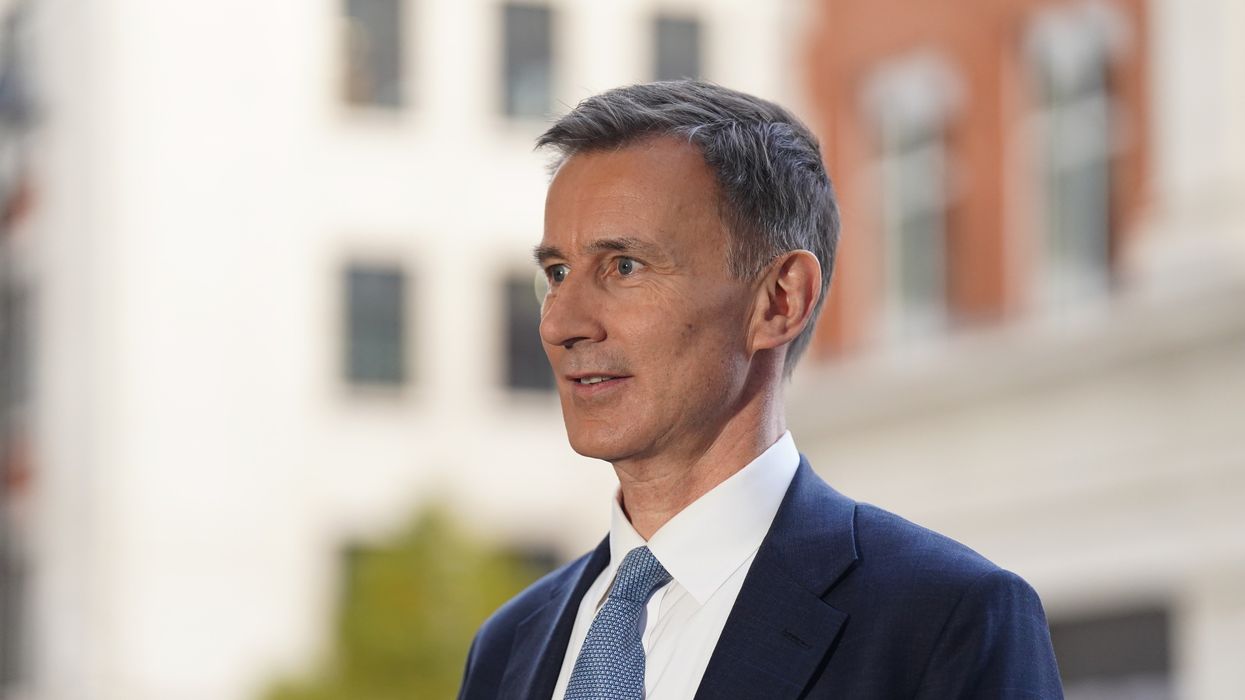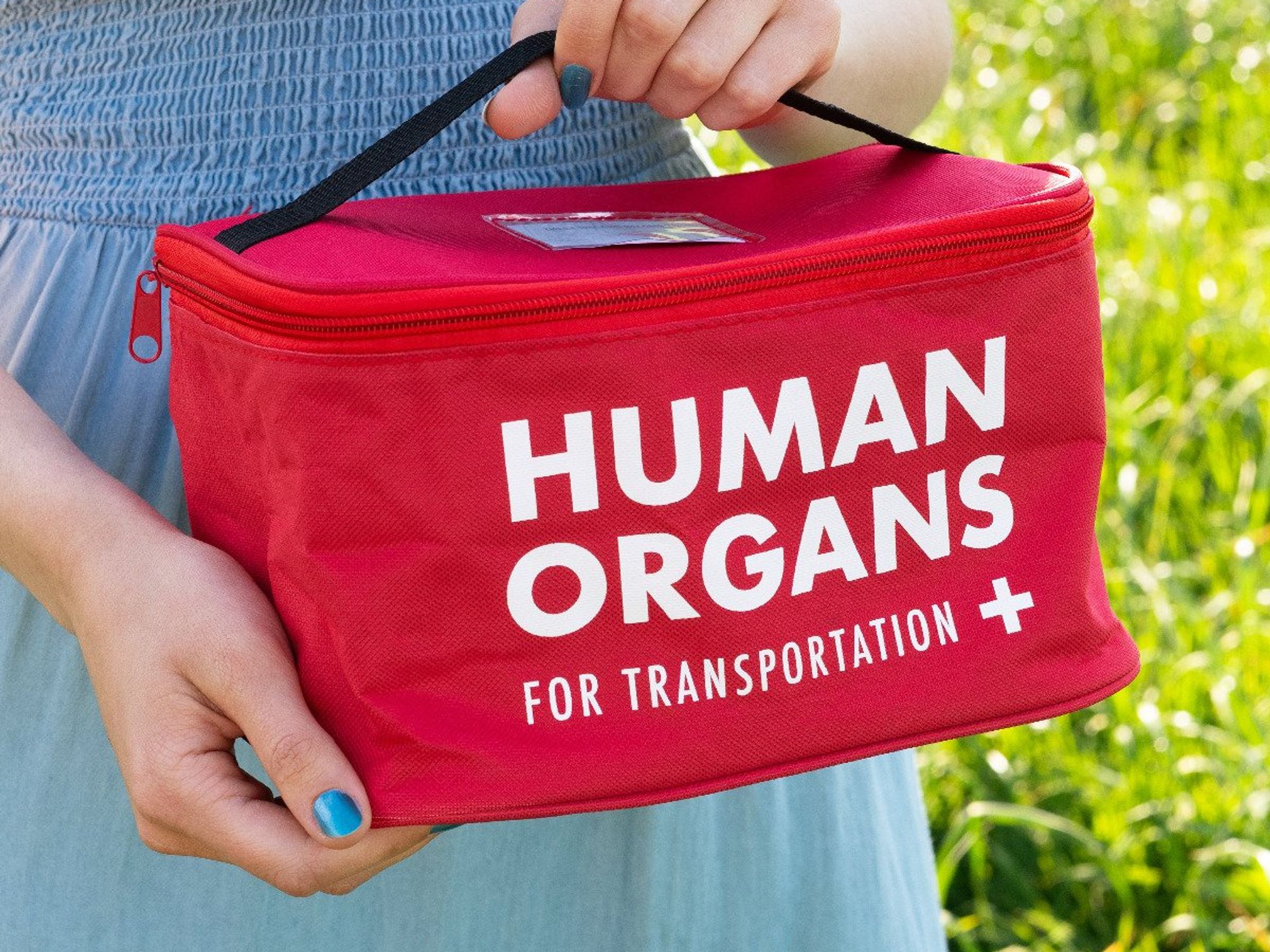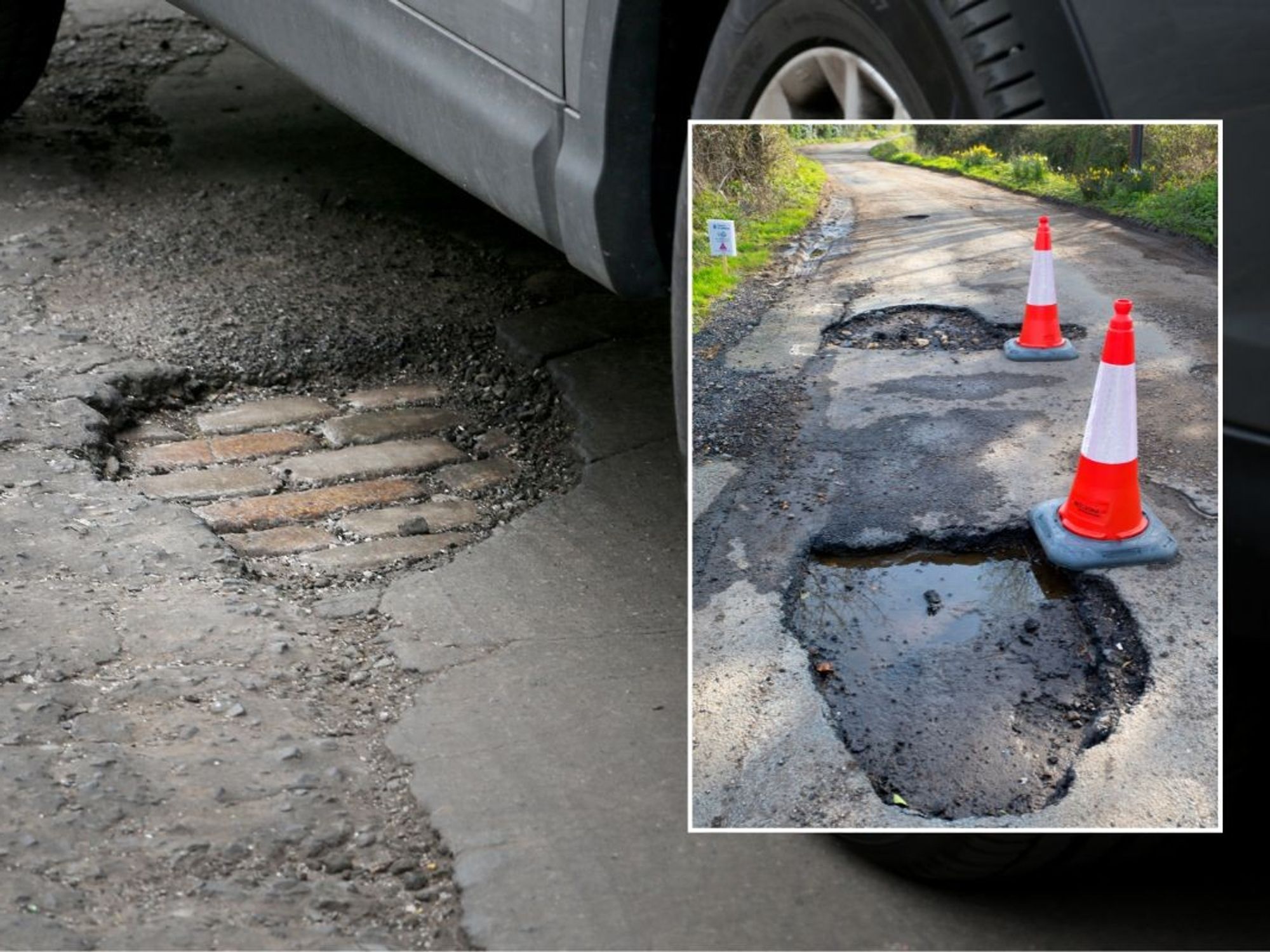Inheritance tax rate cut mooted - but unfreezing threshold would see ‘many’ avoid tax ‘trap’ altogether

Chancellor Jeremy Hunt is reportedly looking at cutting the inheritance tax rate
|PA

The Chancellor Jeremy Hunt is reportedly considering cutting inheritance tax in the Autumn Statement
Don't Miss
Most Read
Latest
Jeremy Hunt is considering slashing the inheritance tax rate from 40 per cent to 20 per cent in this week’s Autumn Statement, according to reports.
Halving the rate would cut the levy on the largest five per cent of estates at death by an average of £180,000, according to calculations by the Institute for Fiscal Studies (IFS).
The research found more than 90 per cent are already not subject to any inheritance tax and therefore would not benefit from a rate cut.
Inheritance tax is often referred to as the “most hated tax” however, in the most recent HMRC data, less than four per cent of deaths resulted in inheritance tax being paid.
WATCH NOW: GB News discusses potential inheritance tax cut
However, more people are set to be dragged into the inheritance tax net due to the threshold at which point inheritance tax usually applies has been frozen until 2028 – a measure known as fiscal drag.
It means more than seven per cent of deaths, or more than 50,000 people per year, will result in inheritance tax being paid, over the next decade.
An inheritance tax expert has suggested that while many would welcome an IHT rate cut, changing the threshold could be more worthwhile for those at risk of fiscal drag.
Stevie Heafford, tax partner at HW Fisher, said: “Inheritance tax is a famously unpopular tax in Britain and so a reduction to the rate would be widely welcomed.
“However, we must not forget that if the Chancellor were to unfreeze the cap on the nil rate band, many people could avoid paying the tax altogether.
“As it stands, the nil rate band, which is the amount you can pass onto your loved ones without paying any Inheritance Tax, is £325,000.
“The decision by the government to freeze this figure until 2028, rather than increase it in line with inflation, means that many people have found themselves caught in the inheritance tax trap for the first time.
“As always, the devil will be in the detail. For example, one of the only advantages of inheritance tax is the tax-free uplift on death for capital gains tax, and so we should keep a close eye on whether or not this is tampered with.”
During an exclusive interview with GB News last week, Conservative MP Greg Smith said that while calling for the increase of the higher rate income tax threshold was his priority, he was sympathetic to the idea of scrapping inheritance tax.
He said: “My priority is around income tax, it’s around tax thresholds, but I have a lot of sympathy with the argument that inheritance tax should be one of the early candidates for the chopping block. It’s a deeply unpopular tax. It is a double tax because people have paid tax their whole lives to build up property – their house, or maybe a second home somewhere in the country or abroad, or assets that have some value.
“They've paid tax on all their income to get those things and then to take a huge proportion of his off their son, their daughter, whoever they left it to after they've gone, seems deeply unfair. And it's a real tax on families and real people up and down the land that I can't justify in my own mind.”
Mr Smith said if inheritance tax were to be an “early candidate for the chopping block”, it would be “fine by him”.
He added: “Of course, we made a big commitment that we've never fully delivered on as a party that only those who were in the seven figures bracket that had assets over £1,000,000 should pay inheritance tax.
“I think that would be a good starting point.
“It would seem fair where property prices in the vast majority of the country, although there would be a London problem within that where many quite modest properties, two-bedroom flats in London are starting to get towards that million pound mark in some neighbourhoods.
LATEST DEVELOPMENTS:
WATCH NOW: Greg Smith MP discusses inheritance tax
“So, perhaps within threshold shifting there might have to be some regional variation in that to actually be aware and awake to the conditions of the market at the time.
Couples can increase their inheritance tax threshold to up to £1million, while unmarried or single people can only increase their threshold from the standard £325,000 to up to £500,000 (if they give their home to their children or grandchildren).
Asked whether he thought it was fair on unmarried people, Mr Smith said: “I don't think there should be a multiplier on inheritance tax. It should be a straightforward value of the assets being transferred to whoever you've left the asset to in your will. I think starting to have multipliers - how many people has it been left to? How is it being split? How can you divide it up amongst maybe a married couple or brother and sister or however it's been structured? You know, it just doesn't work.
“You're making it too complicated that the tax system is complicated enough. It's so long that what we should actually be doing is simplifying it down to its core principles.”
Speaking to GB News yesterday, the Chancellor did not confirm any tax cuts in the upcoming Autumn Statement.
However, when asked about the frozen income tax thresholds, Mr Hunt did say he believes there should be “low” tax for a “dynamic” economy.










